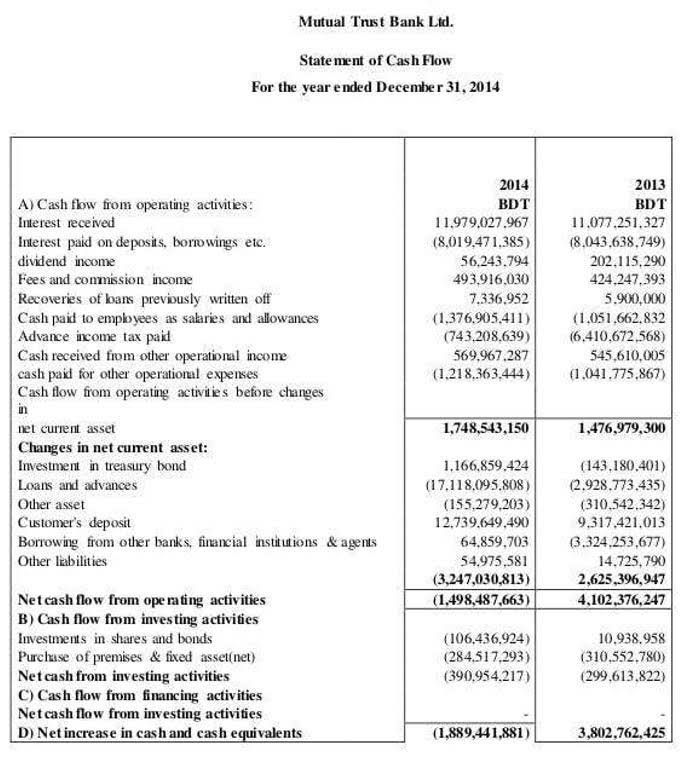
The left-leaning Economic Policy Institute says that the overtime threshold has not been updated properly for almost 50 years — leaving millions without such federal protections. Learn more about the department’s efforts to restore and extend overtime protections. The employee primarily performs executive, administrative or professional duties. Overtime protections have been a critical part of the FLSA since 1938 and were established to protect workers from exploitation and to benefit workers, their families and our communities.
Complying with new minimum salary requirements
- Exempt employees must be paid for any week in which they do any work; they don’t have to be paid for a week in which they didn’t work.
- The department’s final rule, which will go into effect on July 1, 2024, will increase the standard salary level that helps define and delimit which salaried workers are entitled to overtime pay protections under the FLSA.
- There’s an inherent imbalance of bargaining power between employers and employees.
- This also applies to employees in undertakings established outside Norway if transportation is a provision of service as defined in section 1-7 of the Working Environment Act (posted employees).
- Starting July 1, 2027, these earnings thresholds will be updated every three years so they keep pace with changes in worker salaries, ensuring that employers can adapt more easily because they’ll know when salary updates will happen and how they’ll be calculated.
In the maritime construction industry, working hours have general application. Workers over 18 years of age with more than 6 months of accumulated wage seniority shall receive the rate for unskilled permanent employees. Generally applicable collective agreements are agreements concerning pay and working conditions that apply to everyone who works in the specific sector, regardless of whether they are party to the agreement. General application of collective agreements is one of a number of instruments to prevent foreign workers from being given poorer pay and working conditions than are usual in Norway. A motor vehicle operator who is not a bus operator or a city motor vehicle operator.
Q: What employees are impacted by the changes made by the final rule?
HR must always include human intelligence and oversight of AI in decision-making in hiring and firing, a legal expert said at SHRM24. She added that HR can ensure compliance by meeting the strictest AI standards, which will be in Colorado’s upcoming AI law. Discover practical strategies for optimizing overtime use to balance workload, cost, and employee welfare effectively. This members-only toolkit provides insights into the benefits and risks of using overtime, including solutions for challenges like workforce dependency and safety concerns. Careful communication should be rolled out to explain why employees formerly categorized as exempt are now nonexempt. Starting July 1, 2027, the DOL also will automatically increase the overtime threshold every three years.
Q: Where can we find the “primary duties” for exempt employees?
This also applies to employees in undertakings established outside Norway if transportation is a provision of service as defined in section 1-7 of the Working Environment Act (posted employees). Pay seniority earned by school pupils may be carried forward to the following year within the same sector. Pay seniority earned as young workers shall also apply after reaching 18 years of age.
- So, if your employee is both salaried and classified as exempt, they are not entitled to overtime pay.
- Starting July 1, 2027, salary thresholds will update every three years, by applying up-to-date wage data to determine new salary levels.
- An employee engaged in the trucking industry, including maintenance personnel, warehousemen and office staff, whose hours of work are not described in the Motor Vehicle Operators Hours of Work Regulations.
- But there are situations where salaried employees would be eligible for overtime pay—and as an employer, it’s important to understand the relevant overtime rules and when you need to be paying for overtime hours.
- Additionally, employers need to understand how to classify employees and stay up to date on changes to the federal overtime rule in the future that could impact their business.
- If you have questions, we recommend having a conversation with an HR expert or legal counsel.
New Overtime Rule Raises Salary Level in Two Phases
This publication is https://www.bookstime.com/ for general information and is not to be considered in the same light as official statements of position contained in the regulations. As a result, with limited exceptions, employees of non-profits are covered by the FLSA. Renew now to continue enjoying unlimited articles and exclusive resources. SHRM Members enjoy unlimited access to articles and exclusive member resources.
Minimum wage

There’s an inherent imbalance of bargaining power between employers and employees. The employer shall provide the necessary working clothes and protective footwear suitable for the time of year and the workplace. Workers over 17 years of age who have worked for 12 weeks in the enterprise shall be remunerated according to the wage groups under which their work is classified. Allowances paid as reimbursement of expenditure actually incurred on account of posting of workers, such as expenditure on travel, board how much is overtime pay and lodging, shall not be regarded as part of the wage pursuant to the Regulations. Apprentices shall be paid at least 80% of the rate for permanently employed workers.

- Above that level, employers can claim that workers are “exempt” from overtime pay protection if their job duties are considered executive, administrative, or professional (EAP)—essentially managers or highly credentialed professionals.
- Here’s how employers and employees can successfully manage generative AI and other AI-powered systems.
- These employees, unless there is intervention by their employer, might become eligible for overtime pay under the Fair Labor Standards Act (FLSA) after working 40 hours in a workweek.
- The new overtime rule salary threshold increases to $43,888 on July 1, 2024, and increases again to $58,656 as of Jan. 1, 2025.
- The exemptions do not apply to manual laborers or other “blue-collar” workers who perform work involving repetitive operations with their hands, physical skill and energy.
As a business owner, it’s important to make sure you’re in full compliance with all relevant overtime and labor laws—and that includes paying overtime to eligible salaried employees. However, it’s important to remember that exempt salaried employees are paid the same amount regardless of how much they work—and, as an employer, you don’t want to abuse that. If you assigned an employee a salary based on a 40-hour workweek, don’t make them work 55 hours every week; otherwise, you could find yourself with a serious employee retention problem. Now that you know when salaried employees are entitled to overtime wages, let’s jump into how to calculate their overtime rate of pay. NEW YORK (AP) — The Biden administration has finalized a new rule set to make millions of more salaried workers eligible for overtime pay in the U.S. One of the basic principles of the American workplace is that a hard day’s work deserves a fair day’s pay.

For more information on which exemptions and/or modifications apply to you, please consult the Regulations. There are some requirements retained earnings for creating, changing, or canceling a modified work schedule for one employee or a group of employees. In case of emergency, such as an accident or essential work on equipment, an employer may exceed the maximum hours of work without a permit. You are entitled to one full day of rest each week, which usually falls on a Sunday. The contents of this document do not have the force and effect of law and are not meant to bind the public in any way.
Fact Sheet #23: Overtime Pay Requirements of the FLSA
The DOL assumes every worker must receive overtime pay if they work over 40 hours in a week, at a rate equal to 1.5 times their hourly rate (at a minimum). But some employees, because of the nature of their work, are considered to be “exempt” from overtime pay. Nonexempt employees must be paid at least the minimum wage for all hours actually worked and must be paid the appropriate overtime premium when they work more than 40 hours in a workweek. Effective July 1, 2024, the final rule increases the minimum salary required for the FLSA’s executive, administrative and professional exemptions to $844 per week. Effective January 1, 2025, the final rule increases the minimum salary required for these exemptions to $1,128 per week. The salary threshold for the highly compensated employee exemption will also be impacted (see the section below on highly compensated employee (HCE) exemption).
